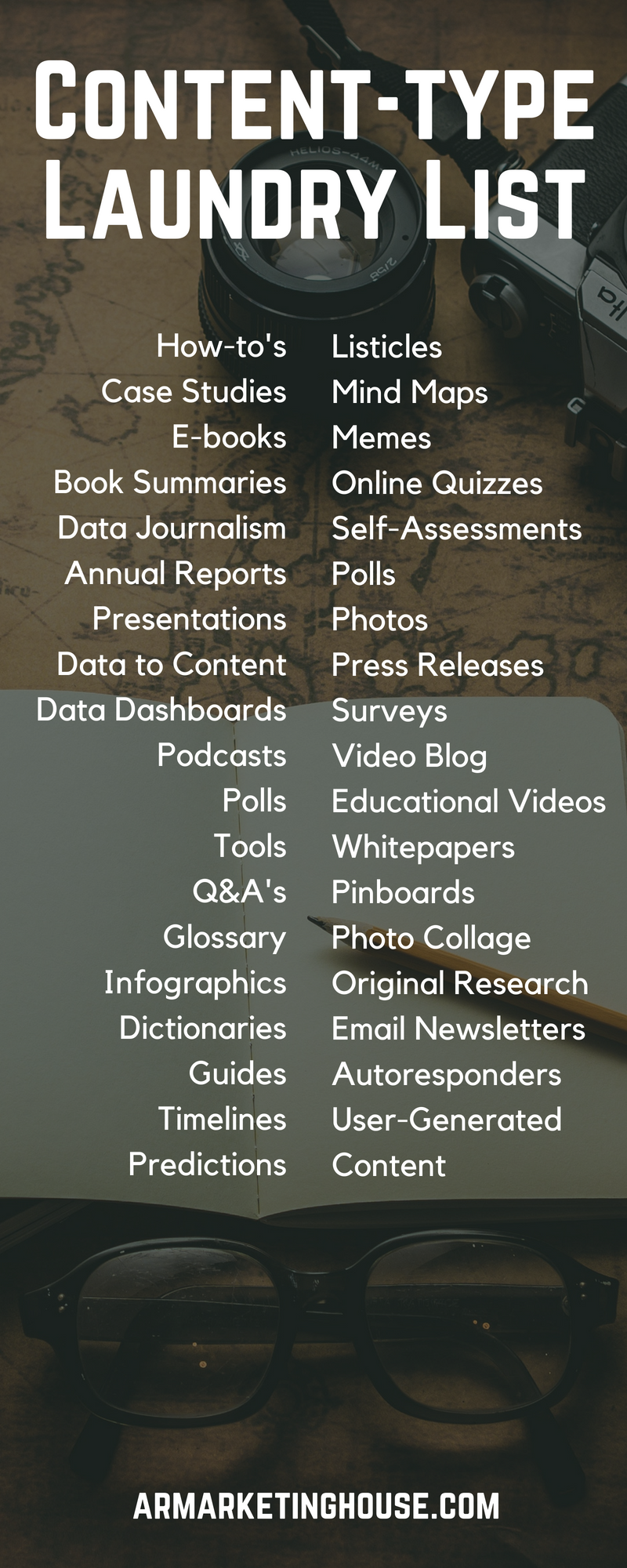Awkward Truth: Why Successful Content Marketing is a Commitment
Whether you are looking to incorporate a Content Plan into your marketing strategy or you have made a few attempts at developing your content but abandoned ship after not seeing results fast enough, I’m going to share with you why a decision to undertake Content Marketing, is not one that should be taken lightly. But when you finally do, you will reap long-term returns, all while greatly benefiting humanity.
This is because Content Marketing is an asset and costs associated with content should be considered as an investment rather than the traditional view of marketing as a cost.
Let’s shed some light on the concept of content as an asset by looking at the Disney brand. When reviewing the entirety of assets owned by Disney you will see among them, that content from multiple projects are in fact considered assets, as they continue to provide revenue and grow the Disney brand. In a similar way, when you develop your content strategy consider it as a long-term investment in the content asset class, and not as a direct cost because this is not an accurate portrayal of Content Marketing as a strategy.
Unlike an advertisement, which dies off once you stop paying for the ad, the value of content grows over time, stays in your brand content library, and thus has a long-term value that continues to attract more and more people to your brand and website while educating and serving. Paid advertisements are great and do have their place. However, to a consumer, content is the promise of VALUE, education, entertainment, and plain usefulness.
Once you decide to commit to a content marketing plan, the payoffs are huge. You can consider it as a sort of marketing retirement account for your brand, one with considerable growth potential.
[su_pullquote]“Every brand I’ve ever worked with that has committed to content marketing has seen a positive ROI. And their return isn’t 10 or 20 or 30 percent higher than their other marketing investments, it’s 100, 300, 400 percent higher. Content marketing is a commitment, not a campaign.” – Technology Advice [/su_pullquote]
When you make monthly investments toward your blogs, videos, articles, infographics, presentations, eBooks, case studies, whitepapers, quizzes, and other interactive content, you can expect to see 100% – 400% ROI. The big keywords are planning, commitment, and patience. As with most things that are well worth the reward, like a happy marriage, a fit physic, and a healthy investment portfolio — Content Marketing, when given the proper respect and commitment will too be an extreme value to your organization.
In fact, the main difference between Content Marketing Plans that succeed and those that don’t, almost always boil down to commitment. It’s the difference between being “somewhat committed” which results in a 40% success rate for Content Marketing and “extremely committed” which results in an 83% success rate, which is where you begin to see the highest tiered ROIs.
Short-term ROI is not the correct marker for which to judge your efforts, as you might be disappointed when three months down the line your plan is only just gaining traction. It is long-term sustained gains from a growing asset; this is the way you want to view your content strategy. Younger businesses that get excited about Content Marketing as their core strategy, often times dabble, see little results, and prematurely abandon their plan of content as a core strategy before it had time to mature.
It is the wiser, older businesses that have a deeper understanding and knowledge that they must give their strategy room to grow with patience and diligence; that’s when you begin to see huge results that grow exponentially over time. These wiser organizations with increased experience and foresight see the greatest success and ROI with their marketing plans, especially Content Marketing. It’s a great idea to take a lesson from those who are succeeding with content marketing, learn from their mistakes and successes, adopt their methodologies and scale your efforts accordingly.
Not even some of the most successful ad campaigns will see results overnight. Take for example the rebranding of Marlboro, which was once a failing brand standing at 34th in the line of cigarette brands and known primarily as a women brand of cigarettes. Marlboro hired ad executive Jay Conrad Levinson, who overhauled the image of Marlboro into the cowboy aesthetic of Marlboro Country or “Marlboro Man”. They invested millions into campaign ads, magazines, and commercials. After just one year they met to review the campaign’s results and witnessed zero increase in sales. They were still the 34th brand of cigarettes and still primarily associated with women. The person in charge of marketing could have decided the campaign was a failure and moved on to a different strategy after seeing zero results the first year. However, he was aware that these things take time and decided to stay the course of the “Marlboro Man”. A few years into the Marlboro Country commitment, they became known as both the main cigarettes for men as well as women and rose to their well-known #1 cigarette brand spot. Imagine if they would have given up after 1 year of not seeing any results from millions of dollars in ads? Not only would their initial efforts had been wasted, but also they would have likely jumped from one failing plan to another simply because they lacked the foresight to commit to their strategy. Of course, perhaps fewer people would have died and been addicted to cigarettes, YES, but aside from the carcinogenic horrors of smoking, as a product in itself, this is a lesson in knowing when to stay the course.
So if being committed is a prerequisite for success with Content Marketing, then what exactly do you need to know before deciding that content is the best path for your brand? It’s time to get real. I am going to go through a reality check of things to consider if you’re thinking about implementing a content marketing plan or are thinking about jumping back into your content marketing plan.
#1 Patience
Before hopping on board, you will need to have the patience to commit to a long-term content marketing plan. Depending on your goals and project, plan for an absolute minimum of 1 year.
Though your plan should be structured it should also be nimble and able to change according to analytics. Either way, you need to have patience in order to harness the power of your Content Marketing Plan and be 100% committed to its creative flow, execution, delivery, analytics, and reassessment.
#2 Know what your goals are + how you will measure them:
Brand Awareness: Referral links, social buzz, downloads, document views, video views, page views.
Engagement: Inbound links, forwards, likes, tweets, shares, and blog comments.
Lead Generation: Conversion rates, blog subscriptions, email sign-ups, form completions, downloads.
Sales: Revenue from online sales, revenue from offline sales, reporting
Customer retention and Loyalty: Retention rates, continual contract rates, and subscription rates.
Upselling and Cross-selling – sales for subsequent products and services.
#3 Know your audience
Have a strong and definitive hold on your target audience. Develop your buyer personas.
#4 Topics + Questions to Answers
Know the topics you will need to cover based on your target audiences.
#5 Types of Content
Know the types of content your audience will respond best to:

#6 Know what works
Know what content has worked in the past. Conduct a Content Audit.
#7 Budget
Know your budget. Allocate an appropriate budget that sees your plan
into the future.
#8 Write-up your plan.
Develop and document the official Content Plan and Strategy.
As growth propelling and empowering as a Content Strategy can be, it’s wise to address whether your organization is ready to embark on a full content plan and then, if you decide you are, develop a long-term plan and, stay the course. In order to truly enjoy the fruits of building your content library, be ready for full commitment.


